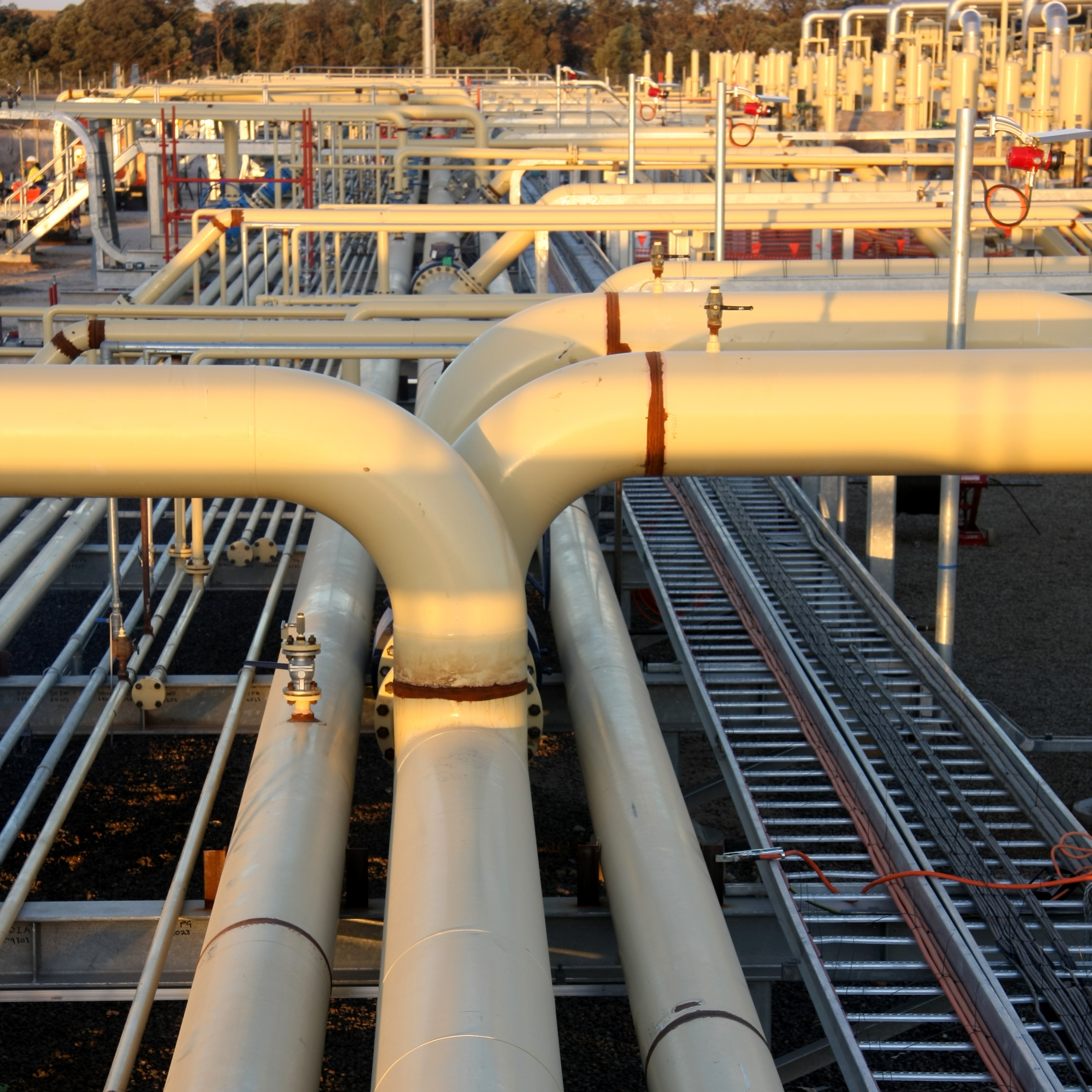Energy
Why Chesapeake Stumbled and Transocean Didn't on Icahn Sales

Published:
Last Updated:

After rising by about 25% earlier this month, shares of Chesapeake Energy Corp. (NYSE: CHK) have plummeted to about 2.5% below where they were when the month started. The decline began with a report from FBR analyst Joseph Allman, who initiated coverage with an Underperform rating and 12-month price target of $5. The company’s shares were trading at around $8 when that happened.
Matters worsened last week when activist investor Carl Icahn sold about half his previous stake of 9.4% in Chesapeake to “recognize a capital loss for tax planning purposes.” Icahn also announced Thursday morning that he reduced his stake in Transocean Ltd. (NYSE: RIG) from about 6% to 1.5%, again for tax planning purposes.
Icahn’s sale caused Chesapeake’s shares to dive about 6% on Monday. Then on Tuesday, Chesapeake repurchased more than $800 million in senior notes and shares bounced 7%. Thursday morning, the company announced the private placement of $850 million in convertible senior notes due in 2026. The company said it intends to use the net proceeds from the offering for general corporate purposes, which may include debt repurchases and the repayment of its credit facility and senior notes with near-term maturities as they become due. The stock price crated, tumbling more than 9% at one point early in the session.
Interestingly, when Icahn announced his sale of Transocean stock after markets closed Wednesday, the company’s shares drifted down by about 0.4%. But shares rose sharply Thursday, up nearly 6.5%. Why? Crude oil prices.
By any reasonable analysis, Chesapeake has done a solid job of working down its massive debt through asset sales and other financial measures. If crude prices would rise above $50 a barrel and stay there for six months or so, the company’s future would look a lot brighter.
As it is, though, with prices still stuck at below $50, it is probably a good idea to be worried over Chesapeake’s ability to continue digging itself out of debt quickly enough. The convertible notes that Chesapeake just announced buy the company more time, but it comes at a cost that current investors seem unwilling to pay.
In addition to time, Chesapeake needs higher prices both for its crude oil and natural gas production. It may get some help from the OPEC producers’ agreement announced Wednesday to cut production to around 32.5 million barrels a day. A colder U.S. winter also would help by driving up demand for natural gas.
Chesapeake needs both time and help from crude oil prices. That’s a lot of circumstances not entirely in the company’s control that have to break in Chesapeake’s favor. It’s a long bet, and the odds are probably less than 50-50 that the company can make it happen.
Chesapeake’s shares traded down about 3.6% late Thursday morning, at $6.51 in a 52-week range of $1.50 to $9.55. The consensus 12-month price target is $6.19.
Transocean traded up about 6% to $10.63, in a 52-week range of $7.67 to $17.19. The consensus target is $9.21.
Start by taking a quick retirement quiz from SmartAsset that will match you with up to 3 financial advisors that serve your area and beyond in 5 minutes, or less.
Each advisor has been vetted by SmartAsset and is held to a fiduciary standard to act in your best interests.
Here’s how it works:
1. Answer SmartAsset advisor match quiz
2. Review your pre-screened matches at your leisure. Check out the advisors’ profiles.
3. Speak with advisors at no cost to you. Have an introductory call on the phone or introduction in person and choose whom to work with in the future
Thank you for reading! Have some feedback for us?
Contact the 24/7 Wall St. editorial team.